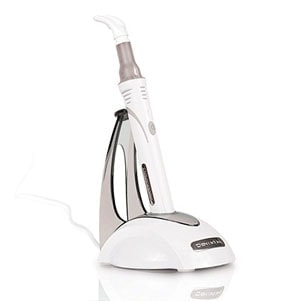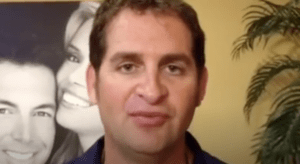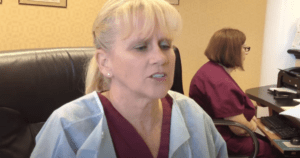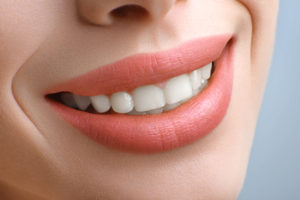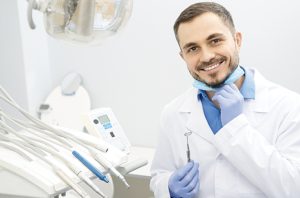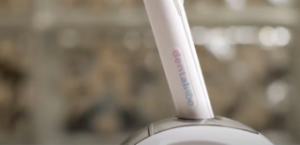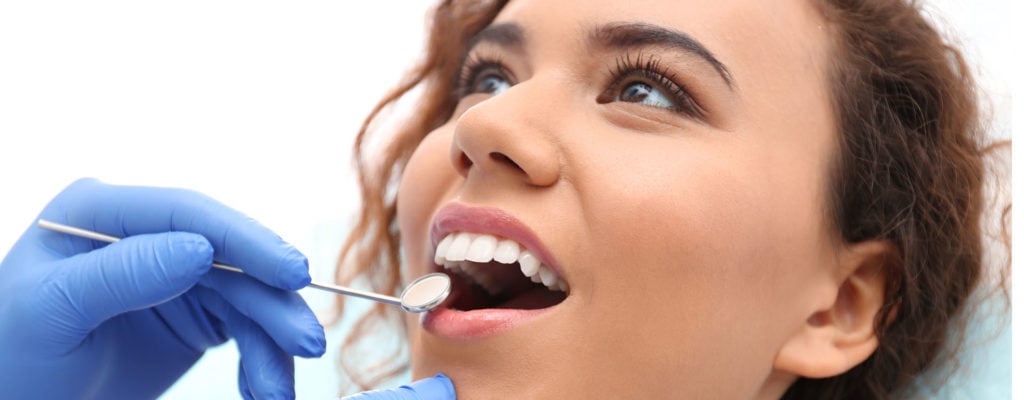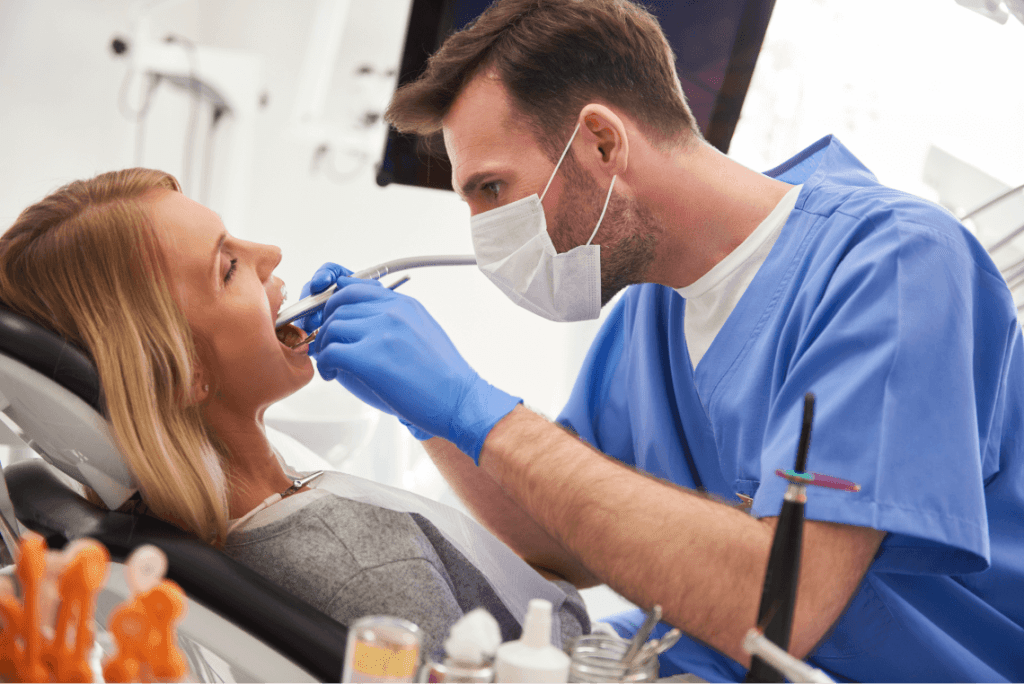If you’ve ever had a cavity, you definitely aren’t alone. Cavities are the second most common disease around the world, second only to the common cold. Cavities cause permanent damage to teeth and, if left untreated, can cause extreme pain and even lead to tooth loss. If you’re like most people, you probably don’t give much thought to your teeth beyond brushing and flossing them — at least until you have a toothache or other issue that requires an emergency dental appointment. But learning how to avoid cavities can help you prevent these painful dental emergencies and allow you to keep your teeth as long as possible.
Why do I get so many cavities?
In order to avoid cavities, we must first understand what causes them. Many factors can contribute to the development of dental cavities, even if you brush and floss your teeth daily. These include:
Poor dental hygiene
Many people who brush and floss daily are surprised when they develop cavities. Despite being something we do (hopefully) at least twice a day, many people don’t brush and floss correctly.
Cavities develop on surfaces of the teeth where bacteria are allowed to grow. If you have areas in your mouth that are difficult to reach, and you aren’t taking care to brush your teeth correctly, those areas are at risk of developing cavities. This often happens with wisdom teeth that haven’t been removed, as their position in the back of the mouth makes them especially hard to reach. It is imperative you use the proper brushing technique in order to get to these hard-to-reach parts of your teeth and avoid getting cavities. Also make sure you brush your teeth for at least two minutes, which means spending 30 seconds on each quadrant of your mouth.
Highly acidic foods
We typically think of sugary foods as being the worst foods for our teeth, but acidic foods are dangerous also. Acid destroys tooth enamel, which leaves your teeth unprotected and prone to forming cavities. While sugary foods can certainly promote bacterial growth, it can take a little while for the bacteria to begin growing and start harming your teeth. But with acidic foods, the acid is present from the moment you put these foods into your mouth.
Foods such as coffee, citrus fruits, soda, pickles, tomato products, and alcohol can all cause damage to your teeth. While it would be impossible to remove all acidic foods from your diet, consuming them with water can help wash away the acid. You may be tempted to brush your teeth immediately after eating something acidic, but it’s actually better to wait half an hour. Acid softens the tooth enamel, and brushing right away can actually speed up tooth damage. Waiting for a bit will allow the enamel to harden again so that it isn’t further eroded by brushing.
Genetic predisposition
While the science is still somewhat new, it’s been discovered that tooth decay in some cases is due to genetics. Genetic differences in certain proteins, immune system response, and sugar metabolism can all make a person more susceptible to cavities. This is another reason that regular visits to the dentist are important. You may think you’re taking good care of your teeth, but if you have a genetic variant that puts you at risk of tooth decay, your teeth may need a little extra professional care.
How to prevent cavities naturally
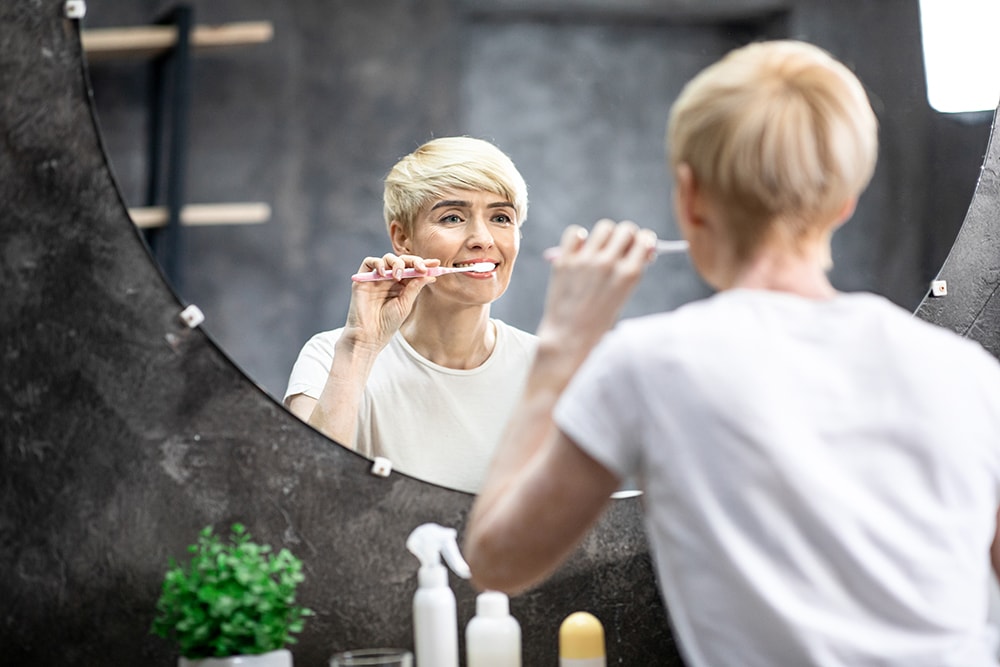
Preventing cavities naturally is usually possible with a little extra effort. Avoiding cavities may require adding just a few steps to your daily routine to help protect your teeth from decay. The first step on your list should always be brushing at least twice a day, and flossing once. Additionally, regular visits to your dentist are right at the top of the list, especially if you tend to have dental issues or have a high risk of tooth decay.
In addition, paying attention to what you put in your mouth can help you avoid cavities. That includes things like gum and toothpaste in addition to food and beverages.
Use a toothpaste with fluoride
Fluoride helps remineralize tooth enamel if used regularly, which may help if your enamel has been weakened by acidic foods.
Cut down on sugary and acidic foods
This will help reduce the amount of bacteria growing in your mouth after you eat, and help prevent the erosion of your tooth enamel.
Switch to sugarless gum
Chewing gum helps stimulate your saliva production, which can help protect your teeth, but the large amount of sugar in regular gum does more harm than good. Switching to sugarless gum can help prevent excess bacteria growth. Better yet, choose gum sweetened with xylitol, which actually inhibits the growth of bacteria that can cause cavities.
Can you stop a cavity once it starts?
Cavities don’t go away once they start. While you may be able to slow down or even stop the progression of a cavity with good oral hygiene, you can’t reverse it. The only way to get rid of a cavity is to have your dentist fill it. Because of this, it’s best to do your best to avoid cavities and prevent them from forming in the first place.
Keep in mind that if a cavity is not properly fixed, the damage it causes can put you through unnecessary pain and additional dental procedures in the future. Preventing cavities and other dental issues is always preferable to fixing them later.
Can I get rid of a cavity without filling it?
While you can’t get rid of a cavity without filling it, you may be able to reverse tooth decay, depending on how early you catch it. Fluoride can stop the decay of your tooth enamel, but only when used during the first stage of cavity formation. This means that you have to start using it before your enamel is damaged beyond 50%. Using fluoride can help remineralize your tooth enamel and stop a cavity from forming, but once a cavity forms, you’ll have to get it filled by a dentist.
If you do develop a cavity, don’t wait to schedule an appointment with your dentist. If you’re putting off a visit to the dentist because of dental anxiety, know that many dentists today are skilled in relieving anxiety and delivering pain-free injections using the DentalVibe Comfort Injection System. Visit our directory to find a DentalVibe certified pain-free dentist near you!

